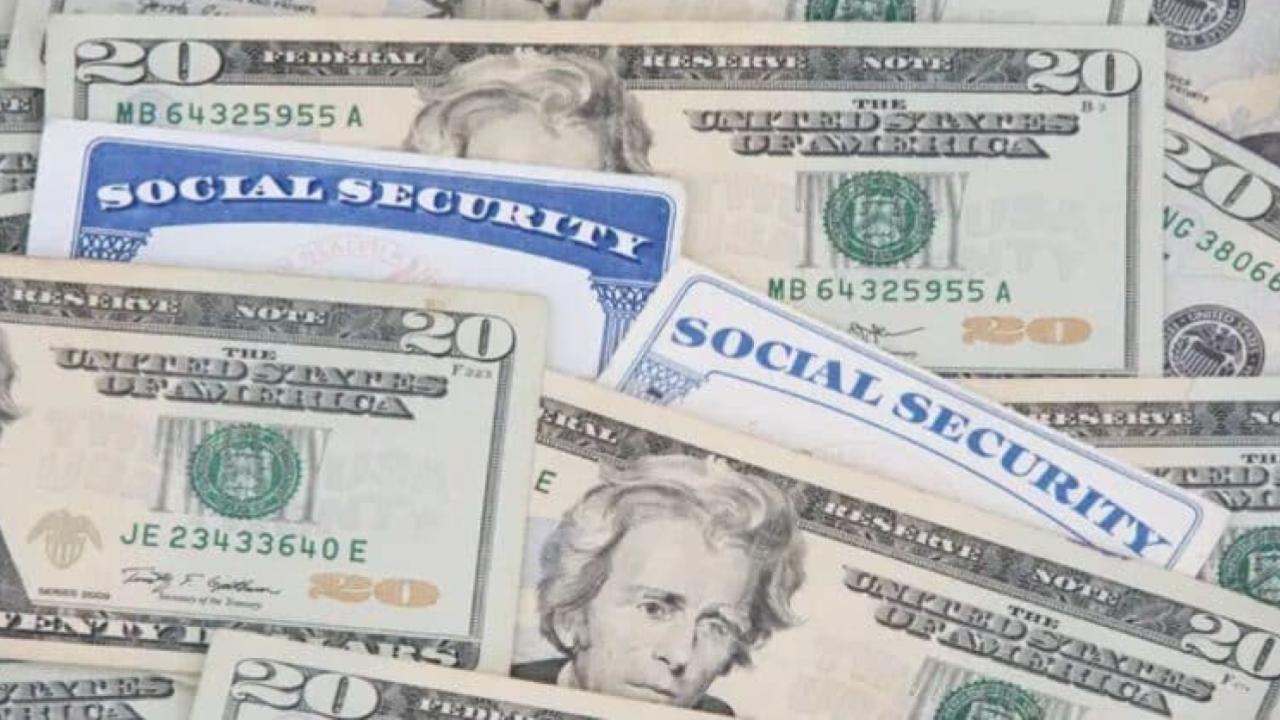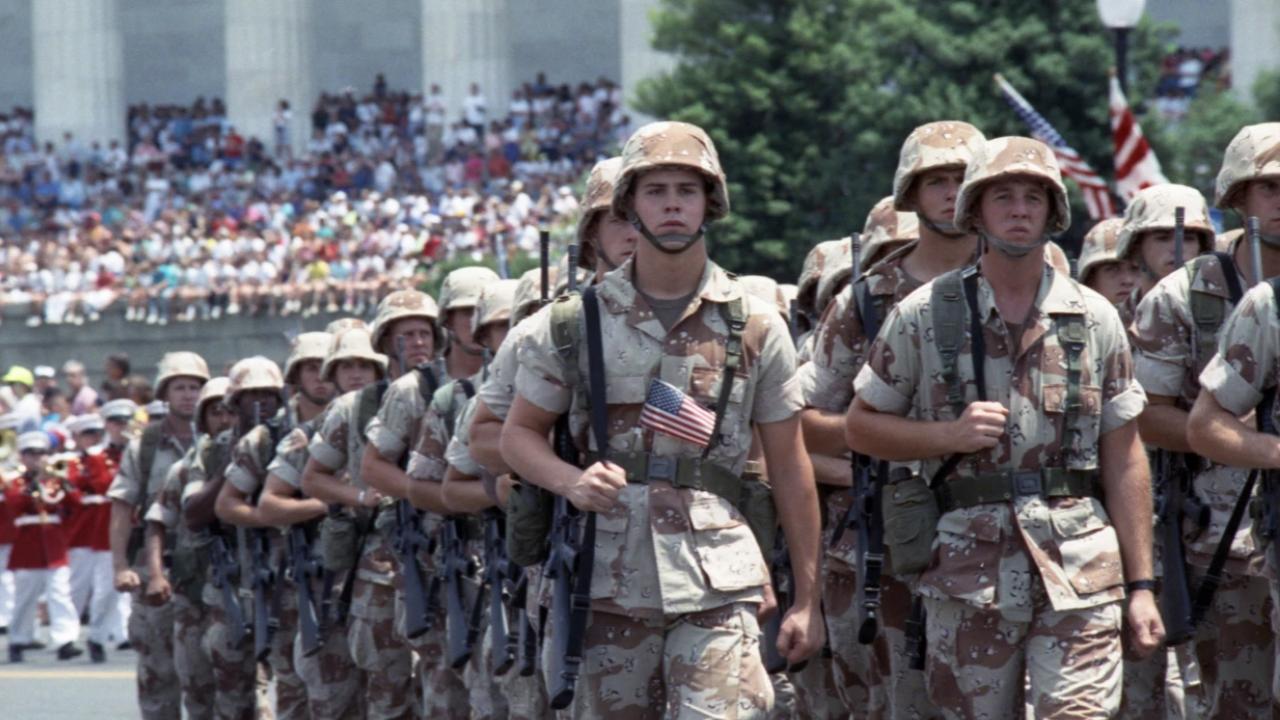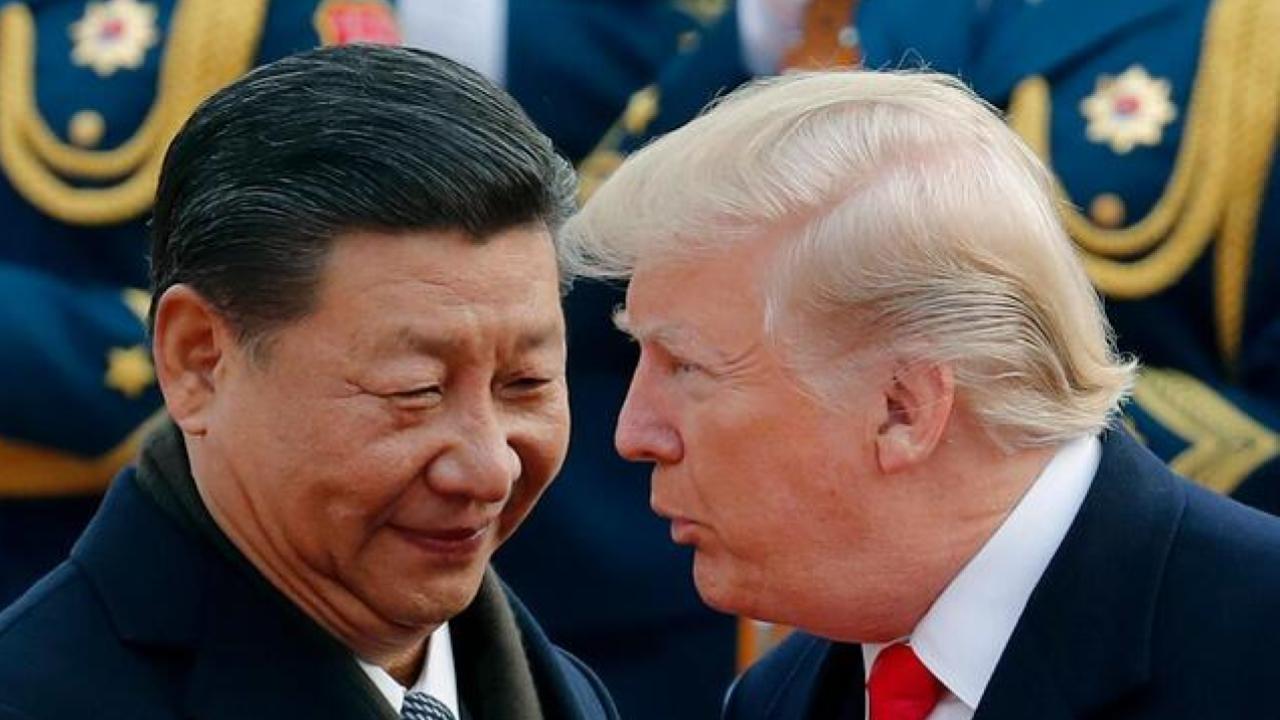A federal judge has temporarily blocked President Donald Trump’s executive order that sought to bar international students from attending Harvard University. The ruling, issued by U.S. District Judge Allison Burroughs, halts the administration’s directive, citing potential “immediate and irreparable injury” to the university and its students.
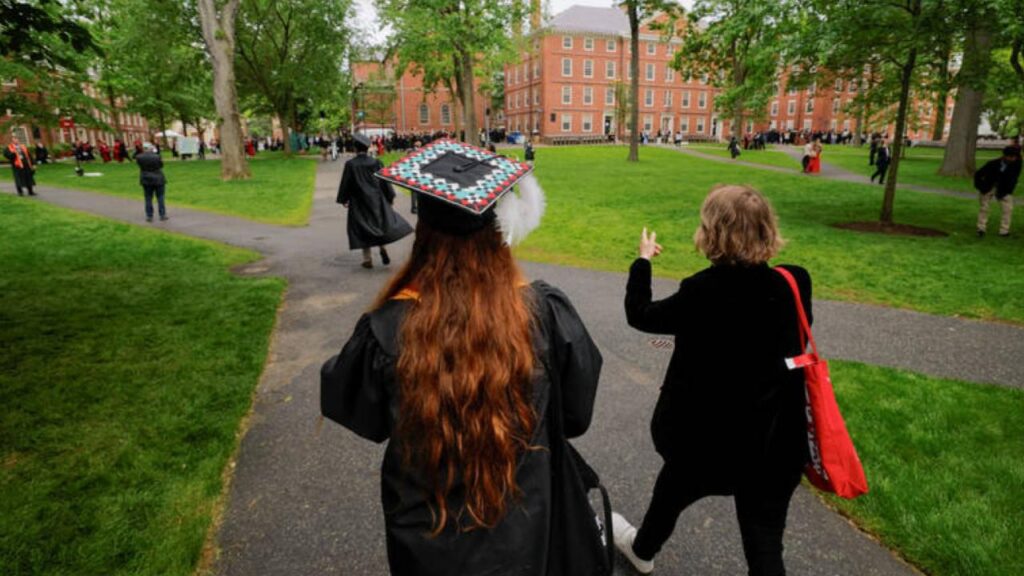
Federal Judge Shuts Down Trump’s Bold Attempt to Bar International Harvard Students
| Insight | Detail |
|---|---|
| Immediate Legal Relief | Judge Allison Burroughs issued a temporary restraining order blocking the ban until June 20. |
| Harvard’s Legal Argument | Harvard claims the ban violates the First Amendment and is retaliatory. |
| Impact on Students | Approximately 27% of Harvard’s student body consists of international students. |
| Administration’s Justification | The Trump administration cited national security concerns for the ban. |
| Ongoing Legal Proceedings | The restraining order is valid until June 20, allowing time for further legal proceedings. |
The federal judge’s decision to block the Trump administration’s ban on international students at Harvard marks a significant moment in the ongoing debate over immigration and education policies. As legal proceedings continue, the outcome will have far-reaching implications for international students and the broader academic community in the United States.
Understanding the Ban
On June 4, 2025, President Trump signed a proclamation suspending the entry of new international students to Harvard University for six months, citing national security concerns. The order also directed the State Department to consider revoking existing visas of current international students at Harvard.
The administration’s rationale centers on alleged ties between Harvard and foreign adversaries, particularly China. The proclamation accuses Harvard of having “extensive entanglements with foreign adversaries” and being a “hotbed of anti-American, antisemitic, pro-terrorist agitators.”
Harvard’s Response
Harvard University swiftly filed an amended lawsuit challenging the proclamation, arguing that it violates the First Amendment and constitutes a retaliatory act against the institution for resisting federal oversight. The university contends that the ban specifically targets Harvard, as it allows international students to enter the U.S. if they attend other institutions.
Harvard President Alan Garber condemned the move as illegal and reaffirmed the university’s commitment to supporting its international student body, which comprises over 27% of its enrollment.
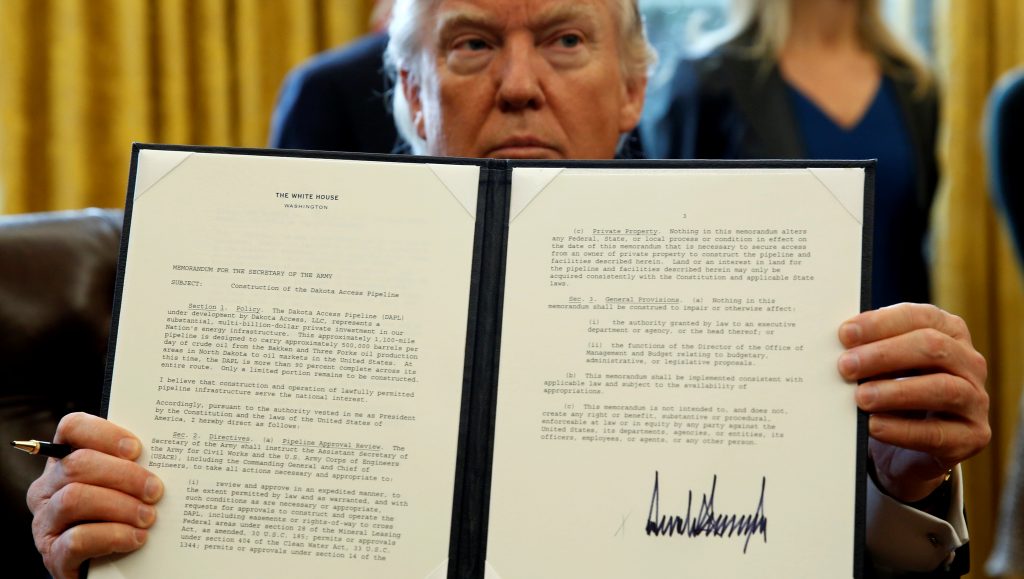
Legal Implications
Judge Burroughs’ temporary restraining order halts the implementation of the proclamation until June 20, providing the court time to consider a preliminary injunction. The judge emphasized that Harvard would “sustain immediate and irreparable injury” without the order.
The legal battle raises questions about the extent of presidential authority under the Immigration and Nationality Act, which allows the president to suspend the entry of certain classes of aliens deemed detrimental to U.S. interests.
Broader Context
This dispute is part of a broader pattern of the Trump administration’s efforts to reshape immigration and education policies. The administration has previously revoked visas for Chinese students in sensitive fields and implemented enhanced vetting procedures for all foreigners applying for visas to visit Harvard.
Critics argue that these measures are politically motivated and harm the U.S.’s reputation as a destination for international education. Supporters claim they are necessary to protect national security and American values.
What’s Next?
The court will hold a hearing on June 16 to consider a preliminary injunction that could extend the block on the ban. Harvard continues to develop contingency plans to support its international students amid the ongoing uncertainty.

